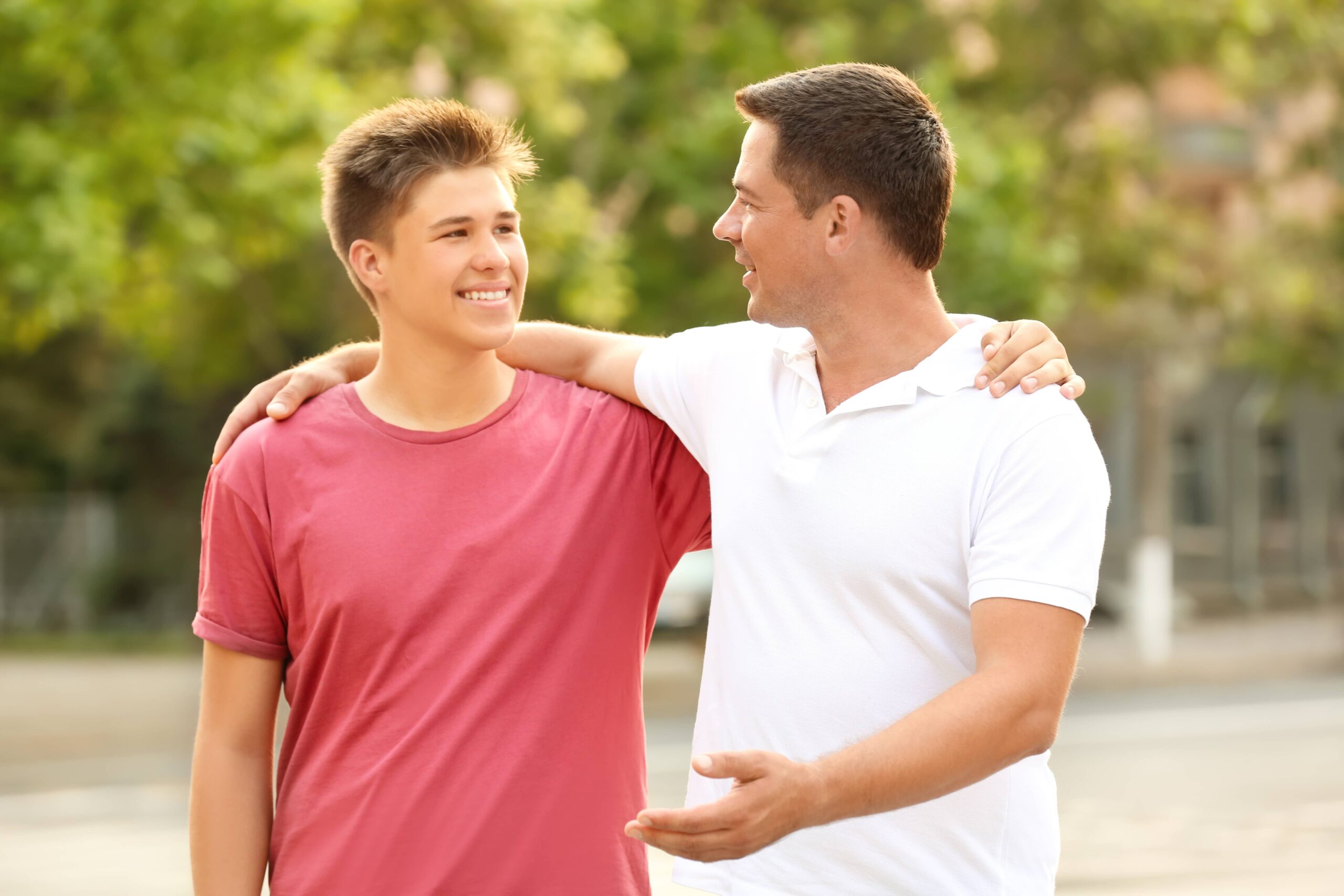Divorce is hard – and it can be even harder when you have kids and want to protect them. While you can’t keep the truth from your children, you can help them process it in a way that minimizes the impact and shows them what healthy co-parenting looks like. Even if you and your spouse no longer want to be married, you still share children, and that means setting aside your differences in their best interests.
“You want me to be friends with my ex?!”
We don’t expect you to go that far! Divorces are emotional and complicated. It can take a long time to heal and get to a place where you feel you can be truly friendly with your former partner. In the meantime you can find a way to best explain divorce to your children and guide them through the change and to interact in a way that leaves your children feeling confident that both of their parents are still going to be in their lives.
What to tell your younger children
Just like there’s no universal guide to parenting, there’s no manual you can read that teaches you how to navigate the divorce process successfully, especially when kids are involved. So many questions arise.
Do I tell them?
When do I tell them?
What do I tell them?
How do I tell them?
……And where in the world do I start?
Depending on the age of your children, you’re probably going to need to start by defining for them what the word “divorce” means. For younger children, chances are if you sat them down and explained that mommy and daddy have decided to get a divorce, they would look back at you with blank stares. Words have no meaning to young kids until the adults around them give them meaning.
As strange as that may sound, that’s a good thing in this case. Being the first one to introduce your kids to the D word can become one of your greatest advantages. You can control the tone of the conversation, which also means that you can control how much they’re exposed to and shield them as much as possible.
Even if they know what divorce means, remember that young kids react to situations based on how they see their parents react to them. Think of all the times you laughed and smiled when they fell and scraped their knee so that they wouldn’t start crying. You controlled the “catastrophe” by playing it down. It worked for boo-boos and it will work here too.
Here’s a list of some books you can use to help explain divorce to younger children:
-
- Dinosaurs Divorce By Laurene Krasny Brown and Marc Brown
- It’s Not Your Fault, Koko Bear By Vicki Lansky
- Two Homes By Claire Masurel
- The Invisible String By Patrice Karst
- My Family’s Changing by Pat Thomas
What about “not so young” kids?
More than likely your “not so young” kids have already heard the D word and may have already witnessed someone in their life go through it, such as a friend in school or even an extended family member in their age group. However, although you have less ability to shield them, you do have something just as valuable on your side – communication.
You can talk to your older kids in ways that you’re not yet able to with younger kids. They listen more. They understand more. And they can handle more. Probably more than you’d even think to give them credit for.
It’s not to say that they won’t have any emotional reactions to what is going on or a bunch of questions for you to answer, but they’ll most likely have respect for you because you treated them with maturity and made them part of the conversation. You’re giving them a voice and that carries a lot of weight with older children.
Positive co-parenting
It’s not an easy thing to divorce someone and still be amicable, but when it comes to children it’s the best possible thing for them. Here’s some ways you can incorporate positive co-parenting into your lives, without making it necessary to become friends with your ex.
- Put your child first, and make them a priority.
- If it’s hard to be civil, treat your partner like a business contact. Speak respectfully, cooperate and communicate directly.
- Don’t put your child in the middle of any conflict and instead deal directly with your ex.
- Encourage your child’s relationship with their other parent and let them know it’s ok to care about you both.
Kids can be a ray of sunlight throughout a divorce and while you can’t protect them from everything, you can still show them two loving, supportive parents despite the relationship not working out.





